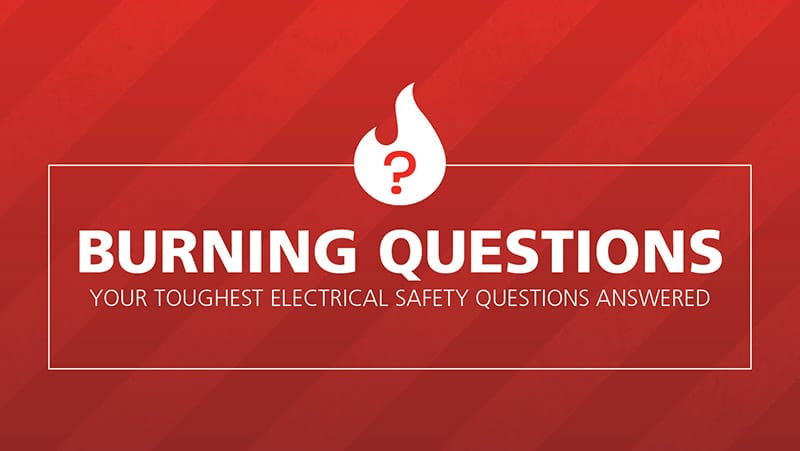OSHA Audits
When seeking auditing guidelines for an electrical safety program, OSHA regulations pursuant to 29CFR 1910 and 1926 tend to be vague at best. Generally speaking, “audits”, according to OSHA, can be found in one of two camps:
The first is compliance audits. Such audits are normally reactive in nature, carried out as preemptive enforcement actions against employers who have very high injury rates or those who have been cited for serious violations.
The second is consultation audits, which is a proactive approach to safety. Employers sometimes request assistance from OSHA to help improve their Environmental Health and Safety (EHS) programs. They’re oftentimes sought when pursuing certification through OSHA’s Voluntary Protection Program (VPP) or Safety & Health Achievement Recognition Program (SHARP).
Either type of OSHA audit will be a comprehensive assessment of an employer’s overall EHS program rather than focusing on your electrical safety program. And, obviously, the latter is the more effective and desirable of the two.
NFPA 70E® Audit
However, for audits specifically targeting an Electrical Safety Program, NFPA 70E® Standard for Electrical Safety in the Workplace is the unparalleled “go to” standard. Article 110 General Requirements for Electrical Safety-Related Work Practices houses detailed auditing targets.
Section 110.5(M) Auditing lists three specific aspects that must be audited in prescribed periodicities followed by documentation of the audit findings as the fourth:
- 110.5(M)(1) Electrical Safety Program – Not to exceed 3 years
- 110.5(M)(2) Field Work – Not to exceed 1 year
- 110.5(M)(3) Lockout/Tagout Program and Procedure – Not to exceed 1 year
- 110.5(M)(4) Documentation – Must be in writing
While all three audit areas are crucial for identifying compliance gaps and improvement opportunities, careful examination of Field Work is probably the most important of the trio. A review of the electrical safety and LOTO programs focuses on procedures, instructions, rules, and similar written documents against those in OSHA and NFPA 70E®. However, Field Work audits is where the “rubber hits the road” because its sole purpose is to verify if workers are actually following their company’s written programs during their day-to-day work activities.
Identifying the Weaknesses
Employers can have top-notch written electrical safety and LOTO programs, but if their workers are not adhering to the rules, then the programs are essentially nothing more than ink on paper. Many different human performance factors can account for employees not following a company’s written program. Knowledge weaknesses, e.g., inadequate training, unfamiliarity, lack of experience, or similar gaps, can be strengthened fairly easily and inexpensively.
However, if noncompliance of safety rules and procedural mandates is rooted in “Human Nature” poor behaviors, e.g., overconfidence, complacency, stress, mental shortcuts, assumptions, mindset, or inaccurate risk perception, then it could point to an issue within your electrical safety culture. Safety culture concerns tend to be much more challenging to remedy, and addressing them is outside of the scope of this article.
Audit on a Regular Basis
In conclusion, regularly performed audits according to 110.5(M) will invariably provide a bearing of where a company is at and where it should be. Gap findings aren’t necessarily pleasant, but they are the first step in identifying the issues negatively affecting the electrical safety program.
But more importantly, audits will illuminate the areas where the employer can prioritize and then focus their limited resources at improving. The goal of a strong and healthy electrical safety program isn’t perfection but for employees to return home at the end of the day in the same condition they came to work in.

